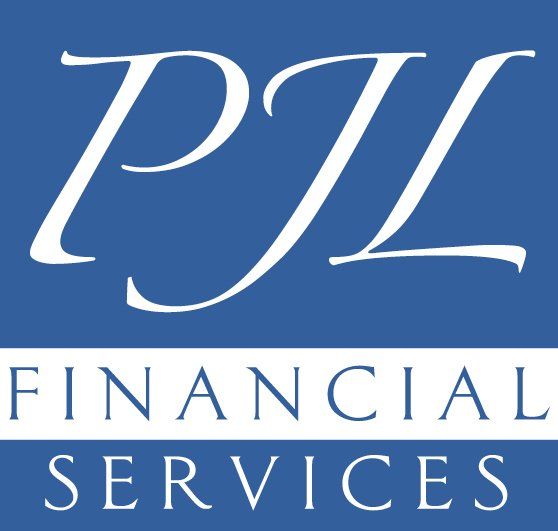The Information Hub
Should you purchase a Buy-to-let property personally or through a Limited Company?
It’s a common question that we often get asked and while the correct answer depends upon your own personal circumstances, here are some of the key considerations that you need to take into account whether you purchase a residential investment property in a Limited Company or personally either as a sole-trader or a Partnership.
Purchase Costs
If you are an existing property owner, you can expect to pay a higher rate of Stamp-duty land tax which is charged on completion. You can expect to pay a 3.00% premium above the standard SDLT thresholds which are currently reduced due to HMRC’s own decision to reduce this tax as a way to stimulate the housing market since the Covid-19 pandemic. Assuming the limited company is set-up solely as a property investment vehicle, the amount of SDLT you will pay will likely be the same.
Mortgages
If you are seeking a mortgage to support your purchase is important to consider the mortgage rates that you will pay, currently limited company buy-to-let mortgages are generally more expensive however lenders may be more flexible with their internal stress rates and interest-cover margins which may allow you to obtain a higher mortgage amount than a purchase as a sole-trader or Partnership.
Tax on Income
Mortgage rate relief is an important consideration for purchasing as a sole trader or partnership as the amount you can deduct for finance costs (i.e. mortgage interest) is now restricted to basic-rate tax deduction only. You will pay tax at your marginal rate of income tax for the profits generated from a rental property which could be as high as 45% if you are an additional rate tax-payer.
For a Limited company, profits are subject to Corporation tax which could be lower however you still need to consider how you take your profits. All UK residents have an annual dividend allowance of £2,000.00 which is tax-free and could be used as a highly tax-efficient way to extract profits, however this is only applicable if you are not currently in receipt of dividend income elsewhere (income received from pensions or stocks and shares ISA are not relevant to this calculation).
Tax on disposal
A sale of the property or even gift to a family member will trigger a capital gain at the current market value. If this disposal results in a profit once deducting for certain allowable fees. For an individual/partnership, you are able to use your Annual Exempt amount of £12,300.00 for the tax-year for the disposal occurred, however gains in excess of this are taxed at either 18% or 28% depending on whether you are a basic rate tax-payer or higher rate tax-payer. Meanwhile Limited company disposals are subject to corporation tax only.
Conclusion
To summarise, there are many different aspects to consider when purchasing a residential property as an investment, at PJL Financial Services, we can support you in understanding the most suitable option based on your own individual personal circumstances. If you would like to learn more about this subject or require Independent Financial Advice from our local, experienced and friendly team, please feel free to contact us on 01788 57 11 22.
The information provided is based on our current understanding of the relevant legislation and regulations and may be subject to alteration as a result of changes in legislation or practice. All references to taxation are based on our understanding of current taxation law and practice and may be affected by future changes in legislation and the individual circumstances of the investor.
PJL Financial Services Limited are authorised and regulated by the Financial Conduct Authority.
Your home may be at risk if you do not keep up repayments or other loans secured against it.













